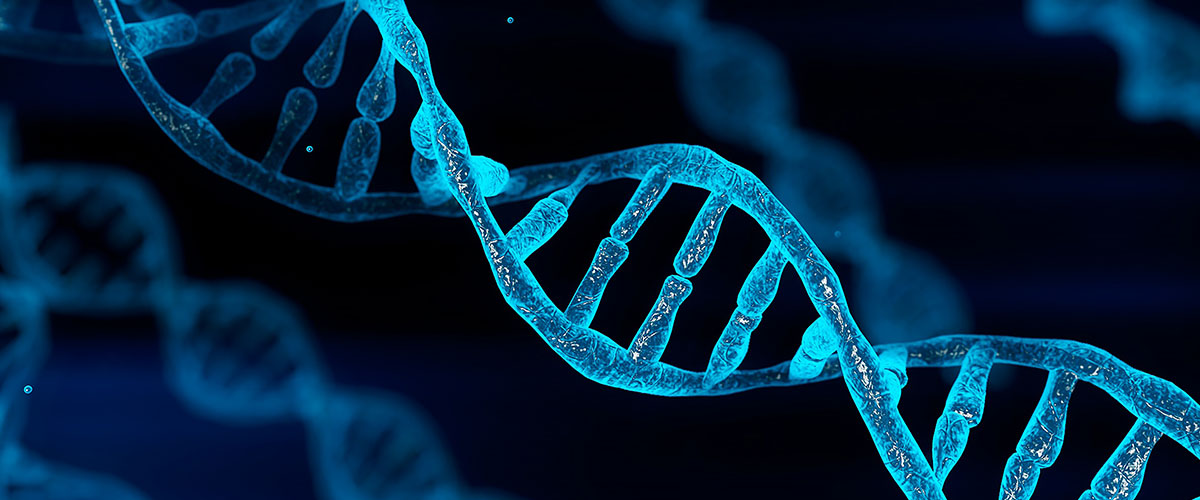)
Oncometabolomics Profiling Program
Project Title: Oncometabolomics Profiling Program
Project Duration: 2023-2025
MOHCCN Consortium: Atlantic Cancer Consortium (ACC)
Investigators: Drs. Pinto, El Hiani, Marcato, Murphy, Karakach, Brunt, Kienesberger, Brown, Xu, Reiman,
Gujar and Pulinilkunnil.
Partners:
- Dalhousie University
- University of New Brunswick
- University of Prince Edward Island
- Memorial University of Newfoundland
- National Research Centre
Aim/goals:
To elucidate clinically targetable metabolic vulnerabilities within cancer cells in order to develop novel preventative, diagnostic, and/or therapeutic strategies for better outcomes in cancer patients. Aligning with the strategic goals of MOHCCN, this study will profile the metabolome of multiple myeloma (MM) and lung cancer- which are emerging as metabolically vulnerable cancers- using samples available in two respective biobanks and prospective samples to be collected over the next three years. For this purpose, we will 1) Establish a metabolic atlas of MM and lung cancers using 150 samples (75 MM and 75 lung cancer) for inclusion in the MOHCCN gold cohort. 2) Correlate cancer-intrinsic metabolomes with respective OMICs [e.g., genomics, transcriptomics, proteomics], immunological profiling, and the clinical outcome data collected as part of the MOHCCN initiative. 3) Discover clinically actionable novel metabolic targets by studying the mechanistic underpinnings of MM and lung cancer metabolomes.
Summary:
Metabolic therapies with predictable efficacy in human cancer are unavailable despite tumors containing generalizable, hardwired, and therapeutically targetable metabolic vulnerabilities. The underlying reason is that previously reported studies focused on cancers’ genomic, transcriptomic, and proteomic characteristics with limited information on tumor metabolomes. By learning more about metabolomic pathways, novel cancer-targeting strategies can be developed to: i) render cancer cells vulnerable to depletion of specific nutrients, thus countering their growth, proliferation and survival, ii) starve cancer cells of essential metabolites to render them susceptible to disrupted metabolism and abnormal cellular physiology and function, iii) boost the cancer-killing properties of immune cells by enabling immune cells to target metabolic vulnerabilities in the cancer cell and, iv) characterize and map the metabolic changes in cancer cells to genomics and immune profiling data being developed by MOHCN consortia. This program will help stratify patients into groups with cancer sub-phenotypes for precise therapeutic targeting by undertaking computational modelling approaches. This proposal presents the opportunity to discover metabolic biomarkers and druggable targets, train the next generation of researchers, engage the private sector to enable translation of basic discoveries in practice, and commercialize therapeutic discoveries to improve outcomes in cancer patients.
